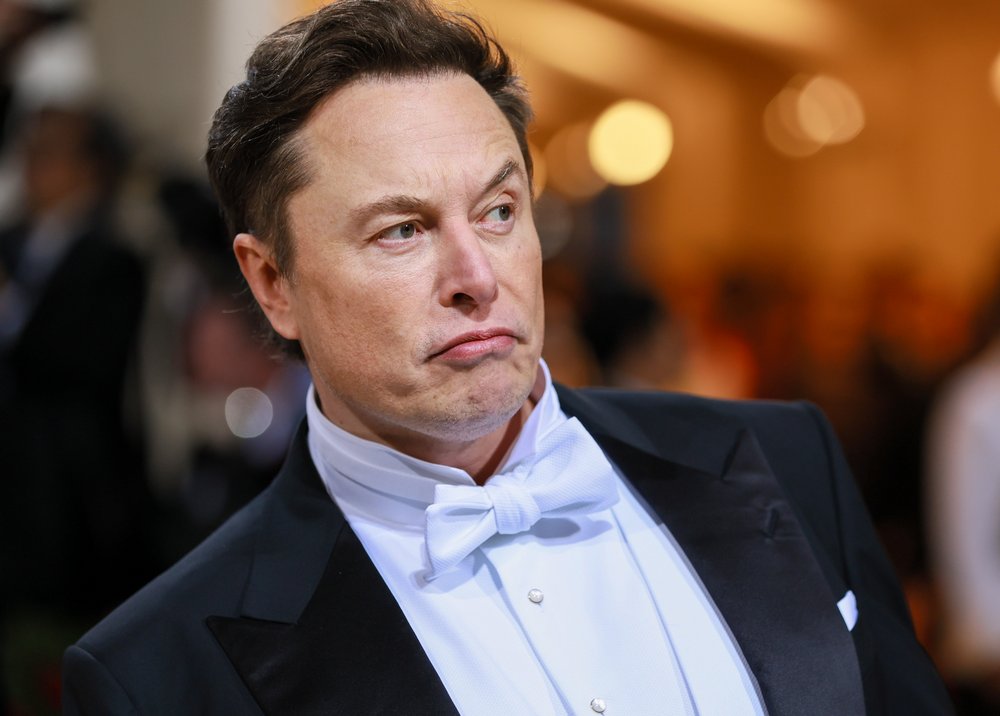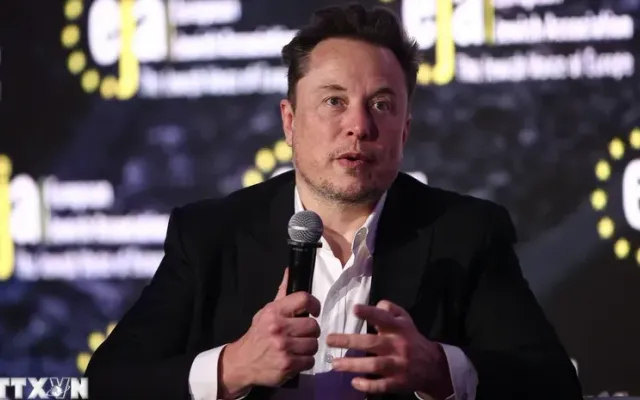Elon Musk recently made headlines after expressing his opinion about The View, calling it “a gathering place for ignorant women.” His bold statement quickly went viral, sparking debates across social media platforms. Musk’s comments were part of a broader discourse on media accountability and the role of popular talk shows in shaping public opinion. His critique of The View was not only a condemnation of its content but also a call to action, as he urged his followers to boycott the show.

Musk’s remarks came in response to a segment on The View that he described as “misleading and biased.” Known for his candid approach, Musk did not mince words, arguing that such programs often prioritize sensationalism over substance. He suggested that the show perpetuates stereotypes and fosters a culture of divisiveness, a sentiment echoed by some of his followers. The billionaire entrepreneur’s statement highlights a growing frustration with traditional media outlets, which some critics claim fail to engage in meaningful dialogue.
The backlash against Musk’s comments was swift, with The View’s supporters and co-hosts defending the show. They argued that it provides a platform for diverse opinions and fosters important conversations about social issues. However, Musk’s supporters were equally vocal, claiming that his criticism shines a necessary spotlight on a segment of media they believe has become increasingly out of touch with its audience.

This controversy has reignited a larger debate about the influence of media personalities and the responsibility they hold in shaping public discourse. Musk, who has a history of challenging conventional narratives, framed his critique as part of his ongoing advocacy for intellectual honesty and transparency. His suggestion to boycott The View reflects his belief that audiences should hold media accountable for their content.
Musk’s comments also underline his broader concerns about media ethics and the potential dangers of groupthink. He emphasized the need for critical thinking and independent research, encouraging his audience to seek out multiple perspectives before forming opinions. While his remarks were polarizing, they resonated with those who share his skepticism about mainstream media.

The incident serves as a reminder of the power of influential figures like Musk to spark widespread conversations about cultural and societal norms. Whether one agrees with his views or not, his ability to challenge the status quo underscores the evolving relationship between media, public figures, and their audiences. As discussions around Musk’s statements continue, the broader implications for media accountability and public trust remain at the forefront of this ongoing debate.


